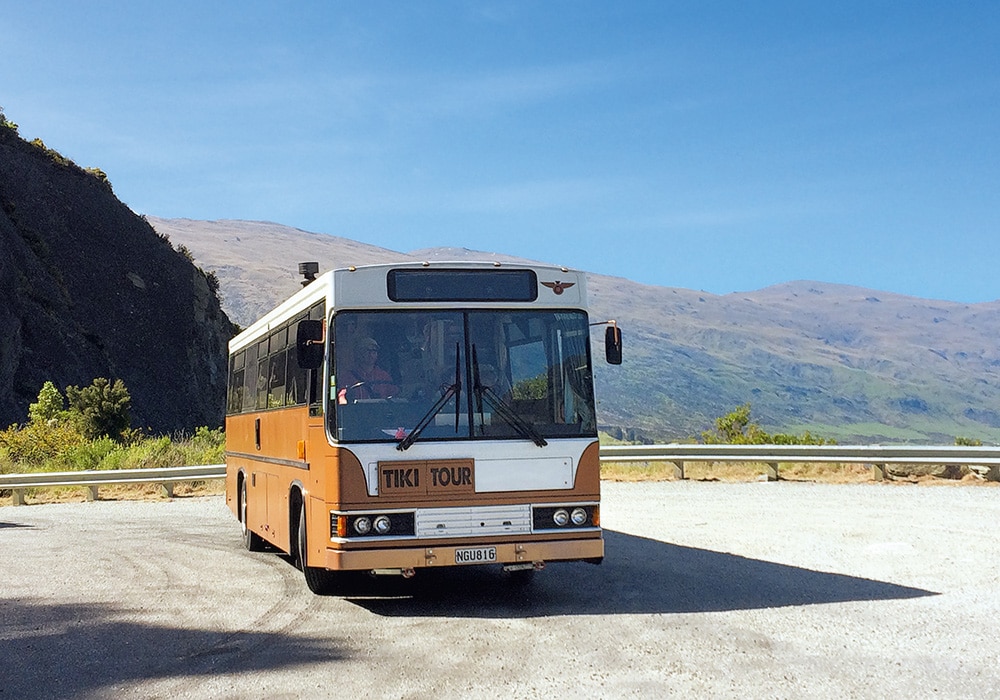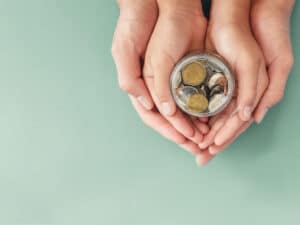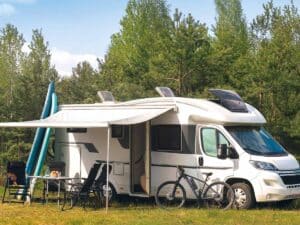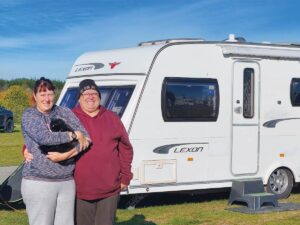Flora Maas and Bjorn Sohl’s four children do not have to catch the bus to school; they are already there. Jill Malcolm talks to an extraordinary couple who have taken to the road permanently to educate and better interact with their young family.
On a crystal-lit evening at the Otamure Bay DOC campground in Whananaki North, all was serene. Scattered around Flora and Bjorn’s big brown bus was the paraphernalia of active lives – bikes, scooters, fishing rods, an inflatable boat, a cache of toys and a ute. The couple were enjoying an undisturbed drink at an outdoor table. Their children, Kick, (11), Boem (nine) Bink (seven) and Lief (five), were inside the bus watching a video and giving their parents a short respite. I gatecrashed this peaceful scene to find out more about how and why they’d chosen to live permanently in a bus with so many children.
“We knew it would be an adventure,” says Flora, “and we didn’t want to spend the rest of our lives trapped by having to work as hard as we were doing, just to pay off a mortgage. And then, we are concerned by the negative things going on in the world and the effects these might have on our children. We thought that a different lifestyle would not only show them a way of appreciating this beautiful country but would extend their childhood and give them a much broader education.”
The couple had immigrated to New Zealand from the Netherlands in 2008, settling in Wakefield, Nelson where Bjorn bought a coffee cart business and Flora found work in hospitality. Their new life proceeded smoothly enough until seven years ago, when each of them suddenly lost a parent. “Their deaths shocked us into realising how quickly life can end,” Flora says. “This prompted us to experience more, not just for us but also for our children. We bought our first caravan and although we already had two little toddlers and it was tough on the budget, we have never regretted it.”
As the family grew, so did the size of their caravans and motorhomes. Then on one camping holiday, the idea of living in a bus began to grow. By 2019, the decision to buy a bus and take the family on the road was set in concrete. Most of their family back in Holland thought they were crazy and, although they had lots of positive support from local friends, making it happen seemed a daunting process.
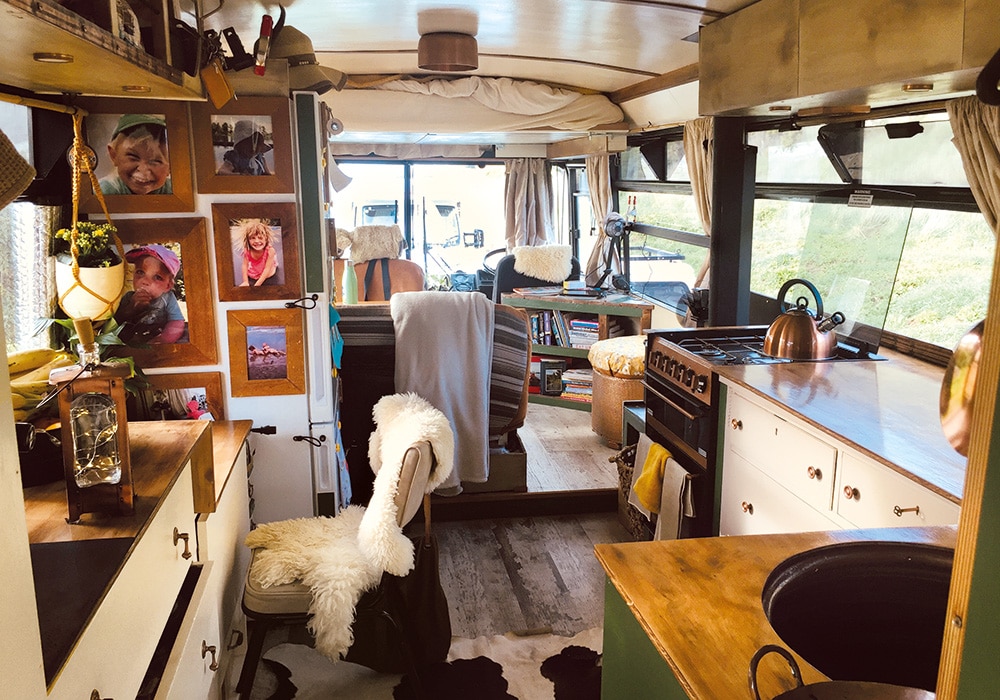
“Bjorn is positive and stubborn,” says Flora. “I am a glass-half-empty person but I’m more realistic than Bjorn, so we balance each other out. Neither of us is a procrastinator. If we are going to do something, we do it. The biggest problem was how not to run out of money.
“We did, however, have qualms about taking the kids out of school and away from their mates, and I worried about the effectiveness of the correspondence school and Bjorn and me as supervisors.”
But before the family could start their travels, they needed to create appropriate living quarters. Flora and Bjorn made up a list of the pros and cons, researched widely for a suitable vehicle, and eventually chose an 11-metre, 1989 Isuzu bus from an Auckland bus company. It had large underneath storage lockers and was high enough for tall people to stand up in. “We just had to hope it was reliable!” says Flora.
I know firsthand that even for those who have done it before, stripping and then outfitting a bus is not for the faint-hearted, and Bjorn had scant building experience. “I don’t fear tackling new projects,” he says. “Although it was challenging at times, the process was enjoyable. We had a large shed that I could work in, many people gave us advice, lent us tools and brainstormed ideas with us, and the instructions I found on YouTube were invaluable.”
Bjorn used recycled material wherever possible, often swapping things, barter-style, for coffees. “The kids’ bunks are made from wooden pallets, our table is an old door, the kitchen cupboards are remodelled and the kitchen sink is made from an old, copper waterheater that we swapped for a crate of beer,“ he laughs.
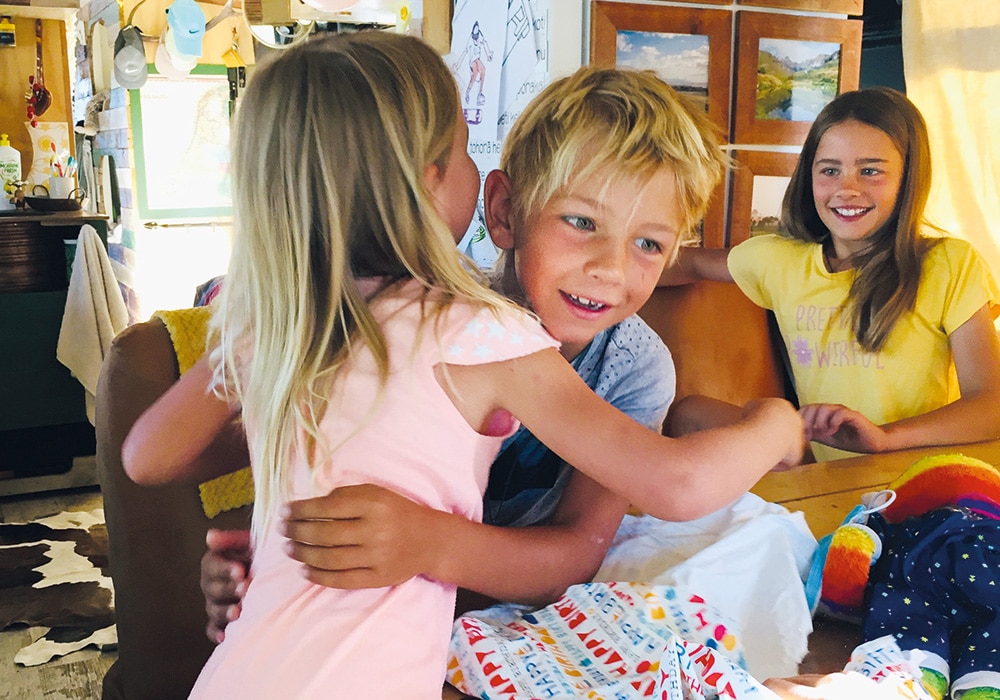
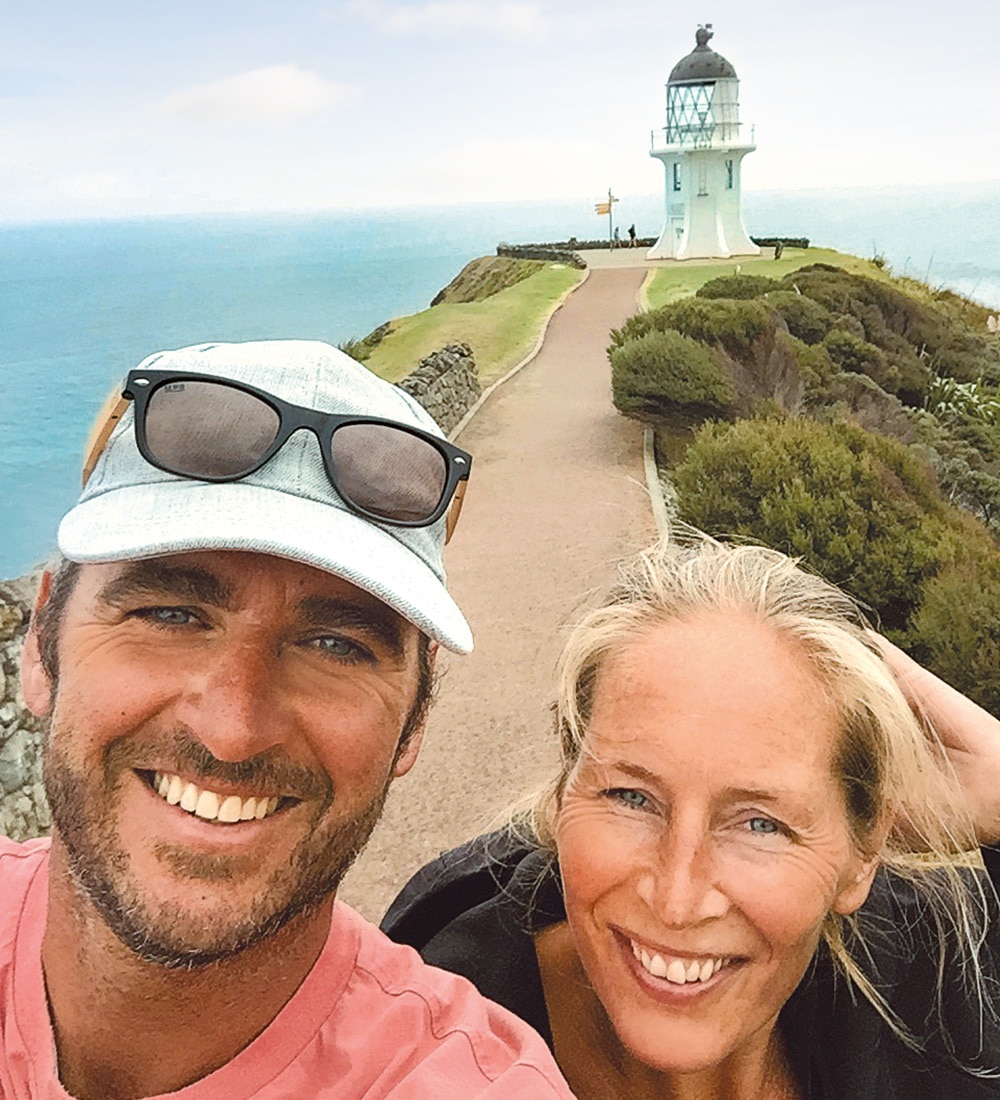
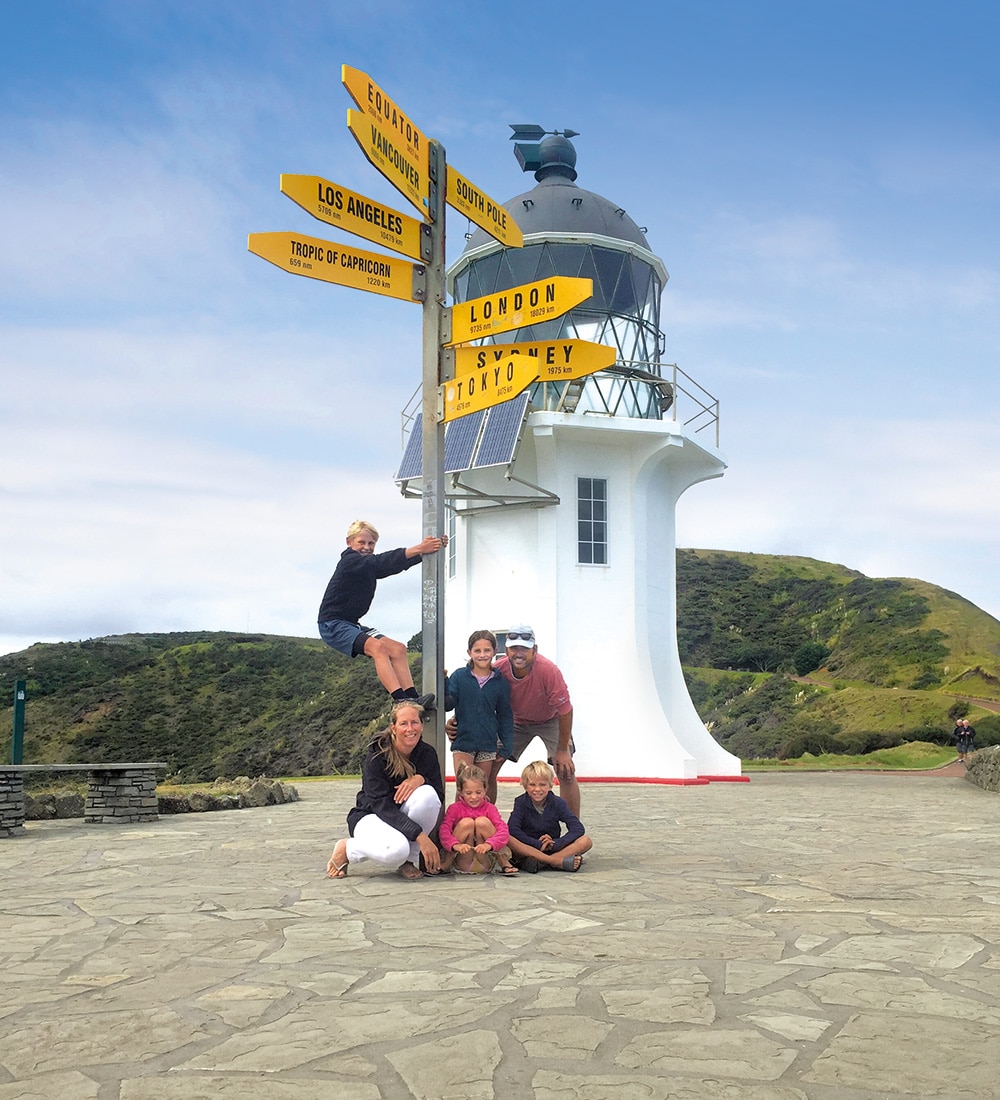
Heating is by means of a new Little Honey wood burner up the front, and a diesel heater in the back where the kids sleep, and it’s no surprise that a top-of-the-line coffee machine takes pride of place in the kitchen for the in-house barista. However, it was the new solar panels that were the biggest outlay. They have a 24-volt system comprising four x 325-watt solar panels and four AGM batteries. The next largest expenditure (and the longest wait to have it done) was obtaining engineering compliance on the bus.
Every day for seven months, Bjorn worked on the build after he had finished his coffee rounds and by then, it was ready for the family’s first trip away – just down the road to Ruby Bay. “We had so much fun and many admirers,” Flora says, “but we returned home with a long list of what we had to add or change.” It took another few months to get everything finalised the way the pair wanted it.
“We are really pleased with the colour scheme of dark green, off-white and copper, with highlights in mustard yellow; we also loved the layout: the kids’ quarters in the back where they have some privacy, a massive kitchen in the middle and our bed that hovers over the front cab in the daytime and is lowered for sleeping,” explains Flora. “My office is in the kitchen and has a fold-out desk for the two screens I require for work. During the day one child does her/his schooling there, two more sit at a front table and one at a little desk at the back.” Between the kitchen and the kids’ area there is a large shower, basin and a composting toilet between the kitchen and the kids’ area.
The family has now been on the road for ten months and Flora’s fears about the children being out of traditional schooling have not been realised. “Of course, there are ups and downs,” she says, “but the kids love the lifestyle and they find company at some of the excellent playgrounds there are around New Zealand and in campsites where there are other children.”
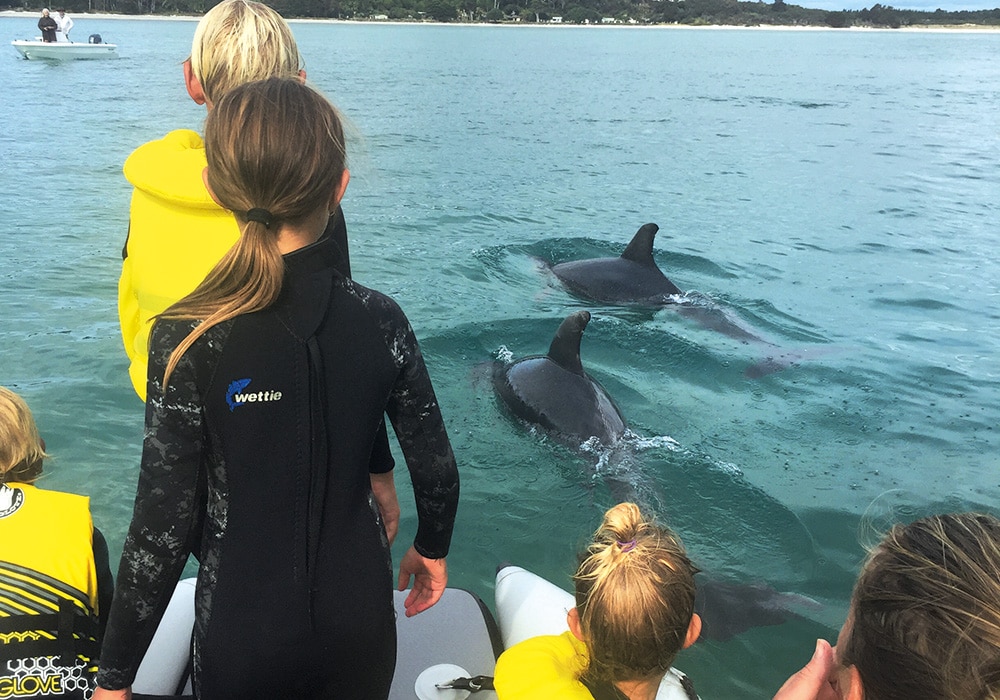
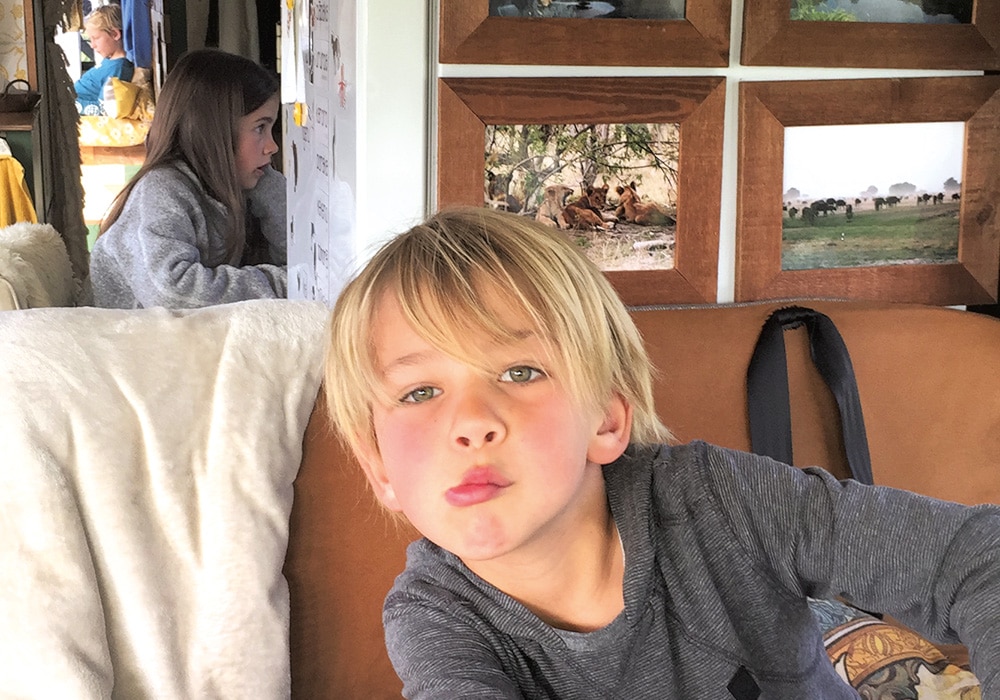
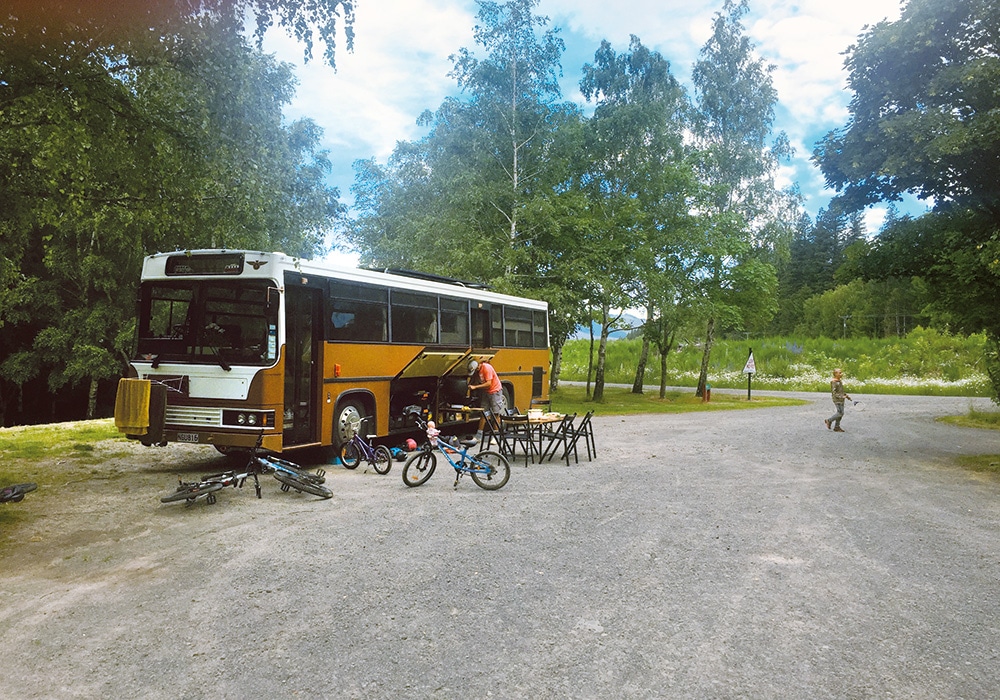
For their schooling, they are registered with New Zealand state-funded distance education provider Te Kura. The lessons are online for Kick, half online and half on hard copy for Boem and Bink, and hard copy for Lief. Assignments are sent six to seven weeks ahead, and finished assignments are returned to the school’s teachers for comment and grading. The choice of subjects is wide-ranging and there are storytelling sessions, sharing of visual work and other interactions on Zoom, and one-on-one conversations with teachers.
“We are very happy with the level of education the children are getting from Te Kura,” says Bjorn.
“They are ‘at school’ for at least three hours every weekday, but their education is much broader than that. They are seeing and doing new things nearly every day and learning to appreciate the natural world they live in,” he says. “They meet different people and hear different stories and we have wonderful adventures as we explore the environment together. All the outdoor activities we do further add to their life experiences.”
But it’s not just the children that are learning; their parents are getting an education too. “The way kids are taught these days is different from the way we were taught,” says Bjorn. “We are supervisors but it is often hard for us to be effective teachers.”
Flora and Bjorn knew from the get-go that as with any adventurous undertaking, there would be good and bad times. They were brought to a standstill by the August 2021 lockdown and spent the month in the Hanmer Forest – a hiatus which Flora says caused them little pain.
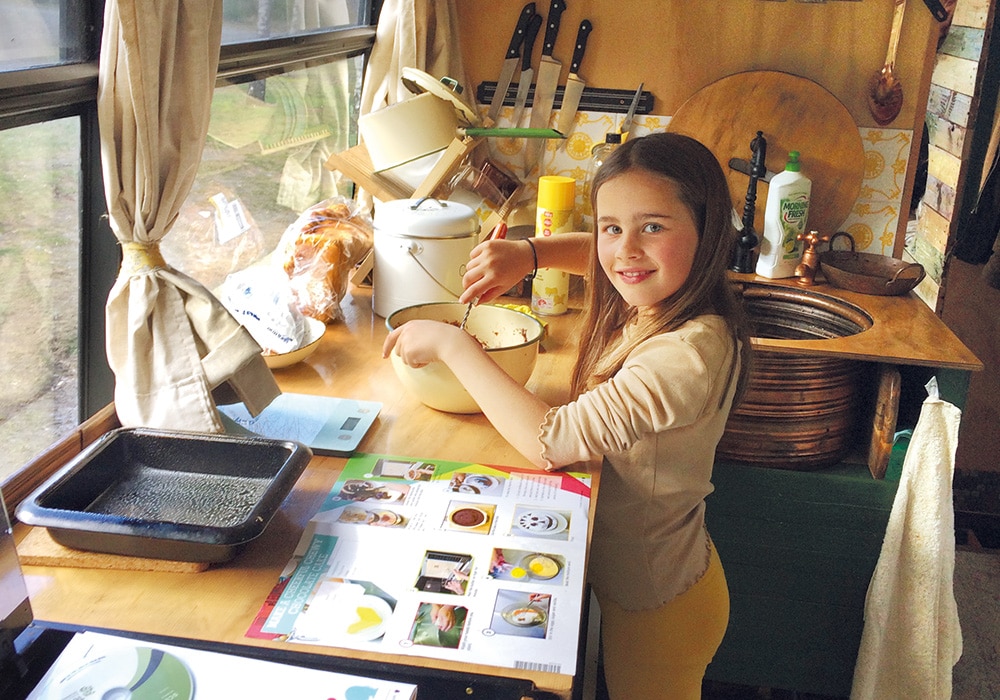

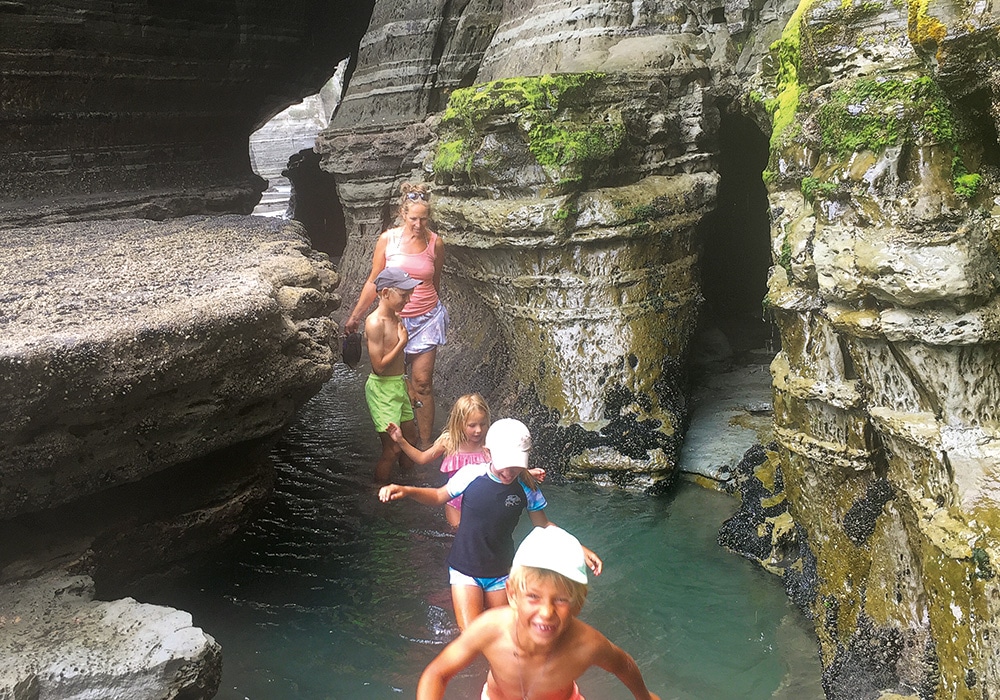
But they never anticipated the dream-breaker disaster that happened in Christchurch just before Christmas of that year when their distinctive white ute (complete with black A-frame) was stolen in the night.
“At first we couldn’t believe it,” says Flora. “There was so much gear inside it: a small boat, toys, scooters, wetsuits, diving gear, life jackets and all the children’s Christmas presents.”
The incident made the news, but they got nothing back. “Even with the insurance payout we are still $5000 short,” says Flora.
Some might have packed it in at this point, but Bjorn and Flora are made of sterner stuff. They took a deep breath (probably several) and travelled on, crossing to the North Island in February 2022.
There have been lesser incidents: the drop-down bed that crashed when its motorised winch failed; there is a small leak in the back window that is proving difficult to control, and the water pump ceased to function and had to be replaced. Such is life on the road but so far, the enjoyment of the journey has far outweighed its challenges.
“If anybody else is toying with the idea of travelling with their children and educating them on the go, I’d say ‘do it’’’ says Flora.
“Your house might be small, but you’ll have the whole of New Zealand as your family backyard.”
Looking for motorhomes or caravans for sale in NZ? Browse our latest listings here.

